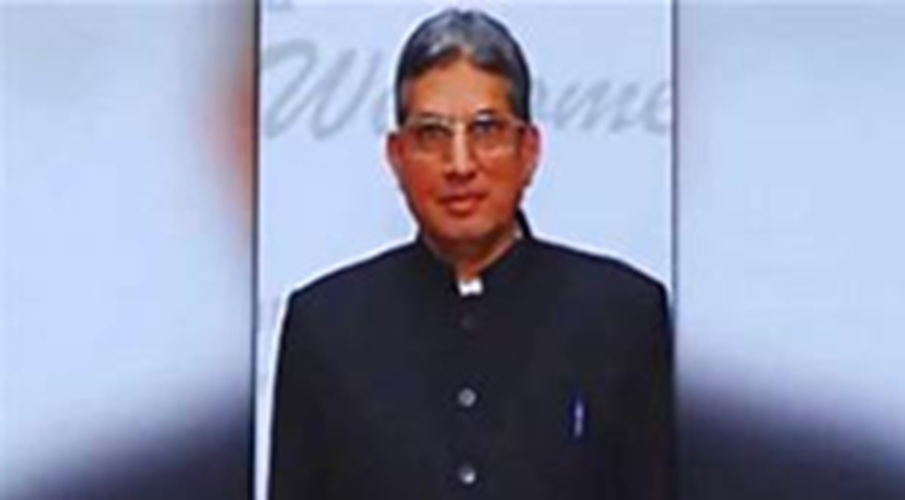In the complex landscape of modern warfare, the battle for public perception has become as critical as physical confrontations. The ongoing Israel-Iran conflict, which escalated in June 2025, has spotlighted the role of media in shaping narratives through propaganda and misinformation. While both sides have been accused of manipulating information, allegations of Israeli media engaging in fake news to bolster a propaganda war have raised significant concerns about truth and accountability in conflict reporting.
Israeli media, alongside state-backed initiatives, has been implicated in disseminating misleading content to amplify its military actions and sway global opinion. According to reports, Israel’s sophisticated public diplomacy efforts, often referred to as “hasbara,” aim to cast its military offensives as moral imperatives while framing adversaries like Iran as existential threats. This strategy has been criticized for distorting facts to maintain a favorable image.
For instance, social media posts from official Israeli accounts, including the Israel Defense Forces (IDF), have been flagged for sharing outdated or manipulated footage. One notable case involved the IDF posting old missile barrage videos, which received a community note on X for being unrelated to the current conflict, highlighting attempts to exaggerate military success.
AI-generated content has also played a significant role in this information war. Israeli sources have been linked to fabricated videos, such as a satirical depiction of Lego Mossad agents attacking Iran’s nuclear facilities, shared by an official government account. While possibly intended as propaganda, such content risks being taken at face value by unsuspecting audiences, blurring the line between satire and reality.
Similarly, a doctored New York Times front page falsely claiming exaggerated praise for Israeli leadership circulated widely, misleading social media users before being debunked. These examples illustrate how manipulated media can amplify Israel’s narrative of strength and legitimacy.
Censorship further complicates the issue. Israel’s military censor has imposed stringent restrictions on journalists, banning the publication of unverified social media videos and limiting coverage of military sites hit by Iranian attacks. This selective reporting, critics argue, creates a skewed narrative that portrays Iran as targeting civilians while downplaying damage to Israeli military infrastructure.
Such measures, combined with staged footage allegedly filmed post-attack to depict civilian suffering, have fueled accusations of deliberate manipulation to garner international sympathy.
The broader implications of these tactics are profound. By flooding social media with misleading content, Israeli media risks undermining public trust in information sources, especially in a region where state-controlled media already dominates. This digital deception not only distorts the reality of the Israel-Iran conflict but also hinders peace efforts by deepening mistrust. Experts emphasize the need for digital literacy and robust fact-checking to counter this surge in AI-driven misinformation.
While Iran has also been criticized for similar tactics, including recycling old footage and using AI-generated propaganda, the focus on Israel’s media highlights a broader trend in modern warfare: the weaponization of information. As both sides vie for narrative control, the truth becomes a casualty, leaving global audiences struggling to discern fact from fiction in an increasingly polarized digital landscape.





0 Comments